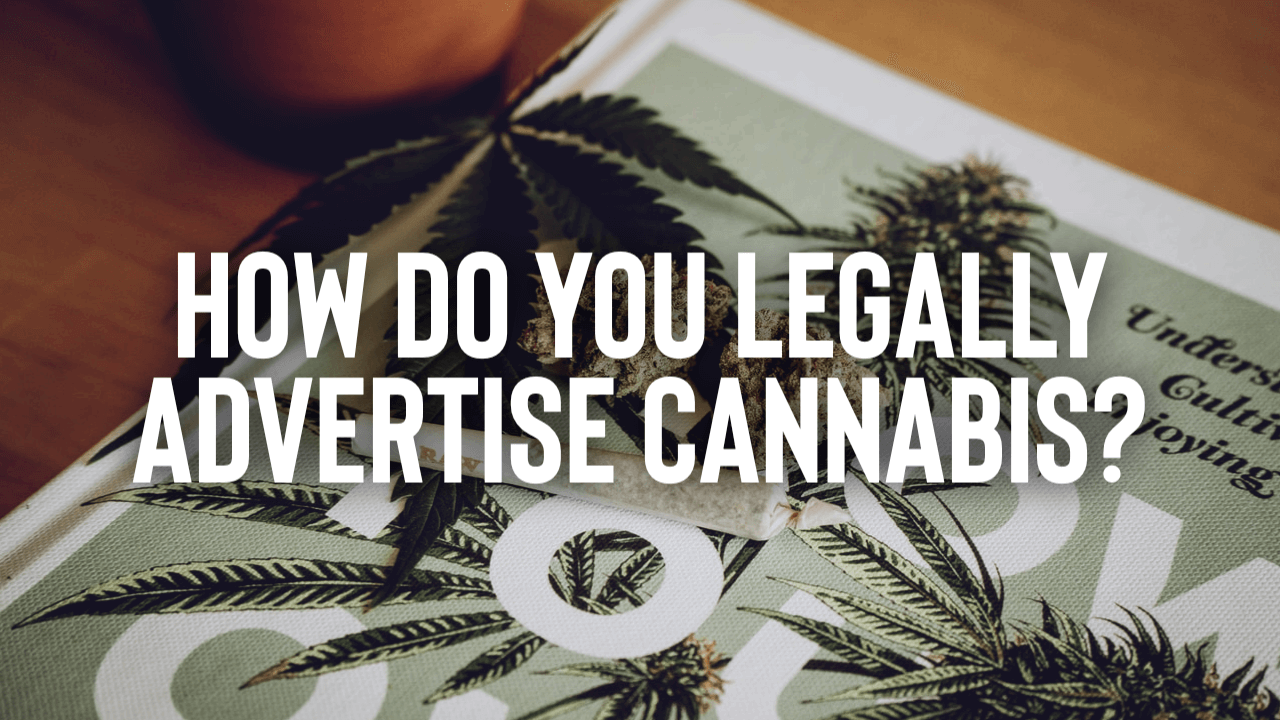A Guide to Cannabis Marketing in the United States
Scroll to the bottom for links to current legal status and cannabis laws for each state
Cannabis Legalization is on the Rise
As of June 2021 in the United States, cannabis is fully legal in 18 states and legal for medicinal use in 20 additional states, so it’s no wonder why marijuana growers and distributors everywhere are asking: how do you legally advertise cannabis?
Advertising Cannabis
Legal cannabis and its subsequent advertising is still fairly new territory in the majority of the country, with some exceptions like California, which has been legalized medicinally since 1996 and recreationally since 2016. The recent wave of legalized states, however, is generally made up of states that don’t have much legislative precedent, if any, to use as guidance. Many of these newly legalized states have the green light from lawmakers, but they’re still not able to act because of undetermined and unclarified regulations.
Cannabis Marketing Laws
The laws governing cannabis and its advertising are constantly evolving, vary by state, and aren’t very clear in most. That’s why it’s so important to carefully navigate the most up-to-date information to avoid any misunderstanding that can lead to legal trouble. Below you can find a quick guide regarding legal cannabis advertising, as well as the current legal standings of each state and its laws governing cannabis.
Who Makes the Laws for Legal Cannabis Marketing?
Generally, state regulators and legislators are in charge of determining the laws regarding cannabis advertising. These laws are falling behind the rate of legalization in a lot of states because there are simply no policies set in place already to use as guidelines.
How Do States Determine Regulations on Cannabis Advertising?
Many states are modeling their cannabis advertising laws after the already-existing alcohol governing laws. Colorado was the first state to legalize marijuana for recreational use in 2014 and the state based its regulations on the guidelines used by the alcohol industry: no advertising on television, radio, websites, or print publications where more than 30 percent of the audience is under the age of 21.
Cannabis Marketing Viewable Across State Lines
This is still a grey area that is being worked through. Cannabis is currently illegal on the federal level, so national substance advertising is not allowed. Legal states are faced with a complicated situation in which they already have to be extremely careful marketing their business within their state, but also have to ensure that their advertising doesn’t cross over state lines and into a state that has not legalized cannabis.
Some legal states have laws in place that specifically say that marijuana distributors may not target consumers out of state. There are other regulations established that are based on where the ad will be seen. A cannabis company located in a legalized state that wishes to advertise in another legalized state, may, for example, buy an ad in a magazine that targets readers in only that other legalized state. They cannot, however, buy an ad in a magazine that crosses state lines, for risk of reaching a state that has not legalized cannabis usage.
Another grey area is advertising in a not legalized state for a cannabis company located in a legal state. There has been some controversy over this, like when a billboard went up in Connecticut, which has not legalized cannabis for recreational use, telling drivers that the nearby state of Massachusetts is in fact legalized. Since this is an unregulated aspect of cannabis advertising, it will most likely be brought to court in the future.
Safety First!
The most important regulation that’s consistent across the country deals with safety. First and foremost, you cannot advertise any false information regarding your cannabis product’s safety. The effects of the product must be accurately stated, avoiding any claims that infer it will do something it actually will not.
Every one of the states monitors safety claims very closely, fining and/or blacklisting any violators of this safety guideline as well as the following:
- Do not promote “overconsumption” of marijuana
- Do not claim unproven curative effects of marijuana
- (In some states) Advertising should list possible side effects, similar to tobacco advertising
Not All Media Will Advertise Cannabis
There are currently no violations for rejecting cannabis advertising, therefore, magazines, newspapers, television stations, websites, and billboard vendors can choose whether or not they want to market a cannabis company. Some brands refuse to promote controlled substances altogether, such as the National Football League, while some support medicinal and not recreational use.
Current Legal Status and Established Cannabis Regulations
While some states, like California, Colorado, and Washington have aggressively handled the legalization of cannabis in their states with specific regulations governing its advertising, most of the recently legalized states are struggling to navigate and establish their own laws.
Make sure to check back periodically for new cannabis marketing information so you can make the best informed decisions possible for your business.

